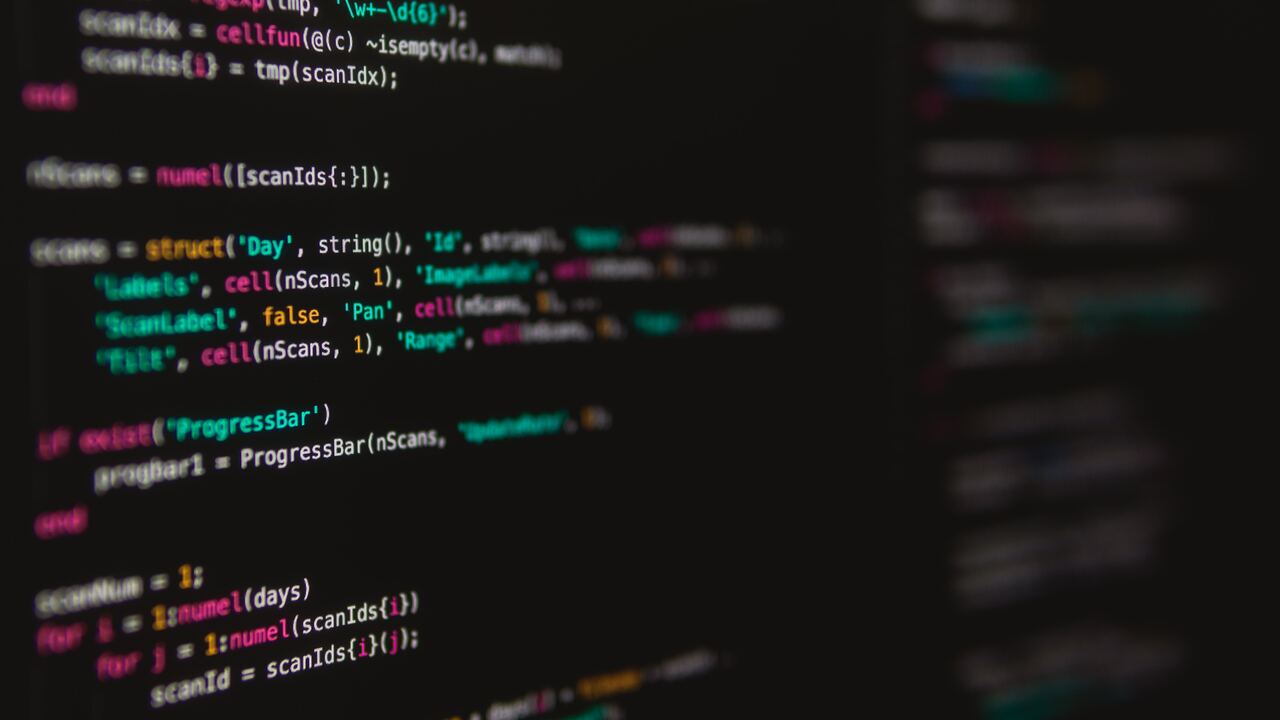Under the grant “Brain and Knowledge: From Natural Intelligence to Artificial Intelligence” at Moscow State University, innovative neural network memory models that resemble human memory were created. The rector of the university, academician of the Russian Academy of Sciences, Viktor Sadovnichy, shared information on this subject.
The developed memory model is an analogue that uses recurrent networks and specially trained transformers, making it effective in solving complex problems. The new memory model allows algorithms to use “long-term memory” previously inaccessible to programs and discover dependencies between distant events over time.
The Rector emphasized that the implementation of this project will contribute to the understanding of how information is encoded in the human nervous system. This will also help transfer biological principles of information encoding to neuromorphic artificial intelligence systems. Within the scope of the study, an artificial synapse based on semiconductor nanocrystals was created that can encode information using stimuli and has both short- and long-term memory. These results open new perspectives in the field of creating photovoltaic structures that could form the basis of future neuromorphic systems.
Source: Ferra
I am a professional journalist and content creator with extensive experience writing for news websites. I currently work as an author at Gadget Onus, where I specialize in covering hot news topics. My written pieces have been published on some of the biggest media outlets around the world, including The Guardian and BBC News.










